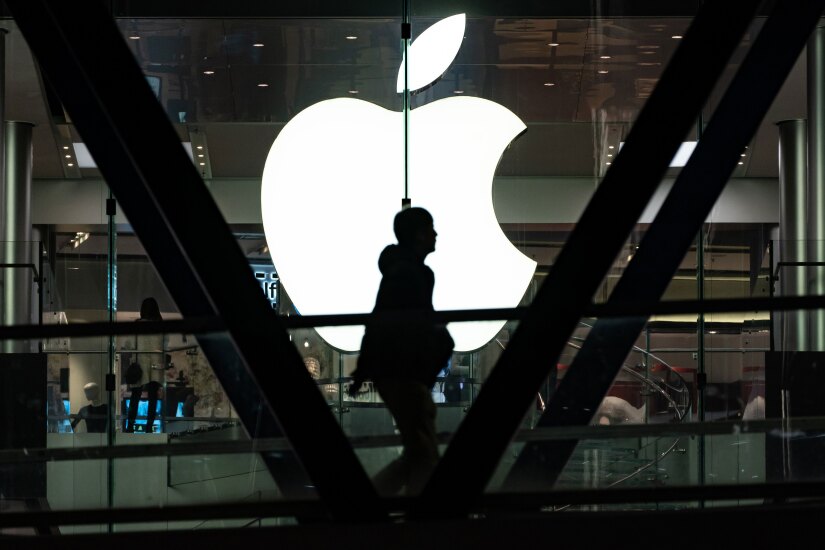Mastercard will rely on advanced AI-powered identity tools and
open banking technology to help its bank customers spot suspicious activity within the customer lists of other financial institutions as part of a new bundle of fraud-detection tools the card network unveiled Wednesday.
Scam Protect, which Mastercard rolled out to banks in the U.K. and U.S., targets escalating risks around instant-payments fraud, where criminals trick bank customers into sending funds instantly for bogus purchases, or to counter alleged account hacks, said Chris Reid, Mastercard's executive vice president of identity solutions.
In the U.K., fraudsters steal users' funds approximately once every 12 seconds, according to Mastercard's data. U.K. banking authorities plan to begin
requiring banks to reimburse victims of scams beginning in October of this year.
As fraudsters become more sophisticated, stolen funds are difficult to track and recover, "because criminals create exit ramps for the money to leave the ecosystem where it's split, sent to different global geographies, and cashed out or sent into a crypto trading platform," Reid said.
By combining identity verification, device identity and behavioral biometrics with AI and open banking capabilities in a single product suite, Mastercard hopes to provide banks with more tools to score risky transactions and block them before losses occur, he said.
One component of Scam Protect is a new product called Consumer Fraud Risk, which is used in conjunction with account-validation tools to confirm account ownership in real time by pulling from consumer-permissioned account data via Mastercard Open Banking, according to Reid. Consumer Fraud Risk is currently in use with 10 U.K. banks including NatWest.
Scam Protect also draws on Mastercard's existing identity verification and behavioral biometrics tools — developed with help from the Seattle-based AI-powered digital startup
Ekata that Mastercard purchased in 2021 for $850 million — in conjunction with South Africa-based financial authentication firm Entersekt, to verify the biometrics of those sending payments and to provide banks with a fraud risk score for transactions.
Mastercard is also collaborating with multiple telecom providers, including longtime partner Verizon, on new ways of using data analytics to verify consumers' identity and device data to block suspicious transactions and account-takeovers, Reid said. Mastercard recently helped establish the Global Anti-Scam Alliance chapter in Singapore, for example.
"This is the beginning of what's going to be a fairly long journey," Reid said, noting that Mastercard is also in discussions with U.S. banks that are planning to deploy Scam Protect in whole or in part.
—Kate Fitzgerald 




